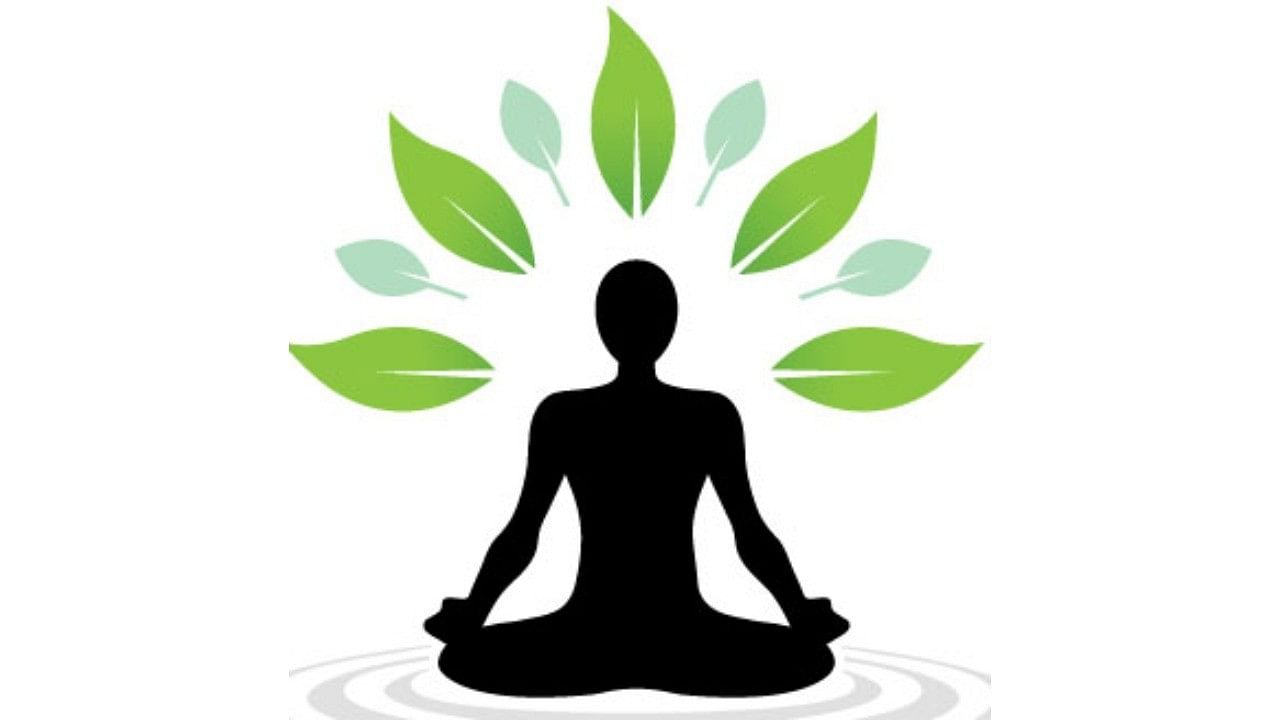
OASIS logo
Credit: DH Illustration
Life itself, particularly in its human form, is a wonder. Yet there are often times when people slip into existential angst. The purpose of life can become an anxiety. Is it elusive, does one need to seek it out or allow it to pass by?
Even as this issue continues to occupy mind space, the traditional Hindu approach makes the task easier. When the purpose is split and spread out over a lifetime it is perhaps less daunting. Dharma, artha, kama and moksha give the fourfold purpose of life. Each in its own way is dynamic, flexible and ever changing, both for an individual and for society.
Dharma is the idea of things as they ought to be. It is defined by societal norms, and as society changes it changes too. Sometimes the change is subtle, sometimes it is an act of law, and sometimes it works through strife. All mythologies reflect this in their characterisations and the strategies used for making adjustments.
At the individual level, dharma sets out duties. Obeying the laws of the land, caring for infants and the aged, pursuing an occupation which enriches both the individual and society, are all part of dharma. Giving back to society is also an integral part. Care giving, developing a skill, and leading an ethical life are no mean purposes.
Kama is the duty to procreate and appreciate the beauty and joys of life. This includes all social relationships, culture, refinements and celebrations. Finding the space to live the way one wants to live is a creative challenge. It can guide the choice of work, satisfaction and contentment.
Artha, or material well-being, is the reaffirmation of action as the driving force of productivity. Creating wealth comes from action. The pressure can be viewed as an impetus to change. Satisfaction comes from the understanding that life has not one but many options.
Moksha, or liberation, is an entirely voluntary choice. It is a process and completely flexible. To meditate, to be compassionate, to enjoy nature or to play with children, are all matters of choice. The equanimity achieved comes from what has been built up over time.
Splitting up purpose makes life flow. The process is hopeful at every stage, and responsibilities discharged honourably mark a character. Coming to an understanding, accepting life with grace, and doing it without causing harm is perhaps as mindful as a life can hope to be.